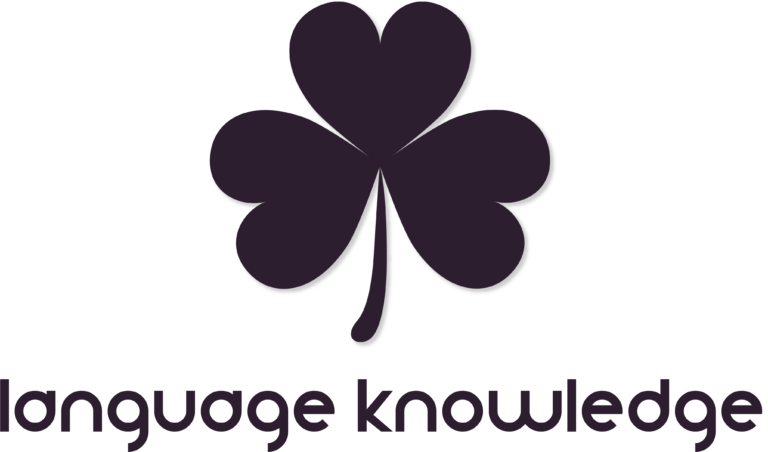What are conditional sentences type 3?
If it had rained, I would have learned English.
Here, the type 3 expresses an impossible condition, since the condition is totally in the past and thus cannot be changed.[/dt_teaser][vc_empty_space height=”36px”]
The normal formation of such an If sentence in English
Thus, normal formation refers to the fact that the If sentence is in the pluperfect and the main clause in conditional 2.
Review:
How is the Pluperfect formed?
had + infinitive + ed or simple past form
Normally an “-ed” is appended to the Infinitive. Unless the verb is irregular, then the 2nd verb form is used. Here are the most important irregular verbs.
Conditional 2:
would have + Infinitive + ed or past perfect
On the other hand the conditional 2 is formed with “would have” and the Infinitive plus “-ed”. To negate the sentence, a “not” is placed behind the would. Furthermore, there are still irregular verbs. Here you will find a Table with English Irregular Verbs.
Example
If it had rained, I would have learned English.
The impossible condition:
Since the condition is written in the pluperfect, at this moment, it is already completed and cannot be changed. Thus, the condition is impossible. However, there are a few more tenses in which the If-Clause can stand.
What are the tenses involved?
| If-Clause Tense | Main Clause Tense |
|---|---|
| Past Perfect | Conditional 2 |
| should / could / might / ought + Infinitive + ed or Past Participle | |
| Past Perfect | Conditional 1 |
| should / could / might / ought + have + Infinitive |
Conditional 2 in the If-sentence:
Because the if-clause is in the conditional 2 (or the other tenses), which was in the past, and the inference also refers to the past. Examples: Main sentence comes first in Conditional 1 and then in the order should / could / might / ought + 1st Verb form + ed or 3rd Verb form:
- If it had rained, I would have learned English.
- If it had rained, I should have learned English.
- If it had rained, I could have learned English.
- If it had rained, I might have learned English.
- If it had rained, I ought have learned English.
It is important that should / could / might and ought are only different auxiliary verbs and have only a different meaning for the inference (would / could / should).
Conditional 1 in the If-sentence
As with conditional 2, the if statement is also in the past for conditional 1. On the other hand, the inference refers to the present. Examples: Main sentence comes first in Conditional 1 and then in the order should / could / might / ought + infinitive:
- If it had rained, I would learn English.
- If it had rained, I should learn English.
- If it had rained, I could learn English.
- If it had rained, I might learn English.
- If it had rained, I ought learn English.
It is important that should / could / might and ought are only different auxiliary verbs and have only a different meaning for the inference (would / could / should).
About me
Hey, formerly I thought that learning languages was an innate one. Either you can speak English perfectly or not and no matter how much you learn – “I do not write a good grade in English anyway.” But I quickly learned that you do not know everything in your mother tongue.
After a while, I gave myself one last chance to learn English. Only this time I limited myself to the essential points.
That means for me verbs: the form – examples – signal words & the usage
This method enabled me to learn English faster than ever before.
Since then I know that learning to talk is not innate. And through that realization, my vision has become to offer other students the opportunity to learn English, just like I did back then. Now I ask you to help me by sharing this article with your friends! Thanks a lot!
You read: If clauses type 3 | Conditional sentences type 3





